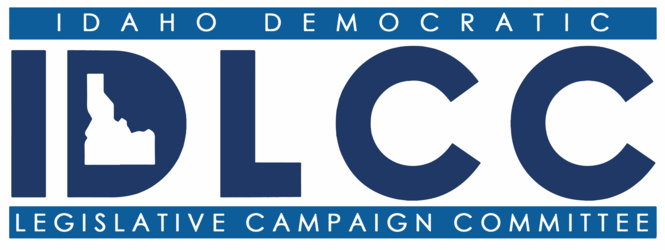Idaho State Capitol – On Friday, Senator Grant Burgoyne/(D-Boise), Senator Kelly Anthon/(R-Burley) and Senator Dave Lent/(R-Idaho Falls) released their jointly drafted Circuit Breaker legislation. The current draft legislation would increase Idaho’s Property Tax Reduction program benefit (oftentimes called the Circuit Breaker) from $1,320 to $2,000 and adjust the income thresholds required to qualify for the property tax relief. Idahoans who are 65 years or older, disabled, blind, or widowed, as well as other qualified groups, can use the Circuit Breaker program to reduce their property tax bills.
“Idaho’s circuit breaker program helps disadvantaged people and veterans reduce their residential property taxes. It is paid for with state money so that the property tax reductions are not passed on to other property taxpayers.” Sen. Burgoyne explained. “Our bill will do two things. First, it will raise the maximum amount of income people can have and still qualify for help. Second, for the first time, it will take into account household size in setting the income eligibility limit. The current income limit is $31,280 per year. Presently, a couple that has income over that is ineligible, but a single person with income below that is eligible for at least some property tax reduction. Our bill raises the income limit for households of two or more to $40,000 per year, and for single person households to $32,000 per year. This will help create some equity in how the program is administered.”
“Idaho’s elderly, disabled, and veterans should never be taxed out of their homes by high real property taxes.” Sen. Anthon said. “In many Idaho communities, the “Circuit Breaker” tax reduction program helps the most vulnerable Idahoans afford property taxes and stay in their homes. The bi-partisan legislation we have proposed will fix problems in Idaho law that are keeping these Idahoans from accessing property tax relief. This simple bill is the low-hanging fruit of policy options available to begin to fix the problems with Idaho’s property tax laws. It is easily implemented and easily afforded without hurting local governmental entities.”
“This legislation is targeted to help the most vulnerable members in our communities.” Sen. Lent explained. “They are caught between fixed incomes and rapidly increasing property taxes. Most importantly, this bi-partisan legislation will make a difference by allowing good people to remain in their homes.”


Recent Comments